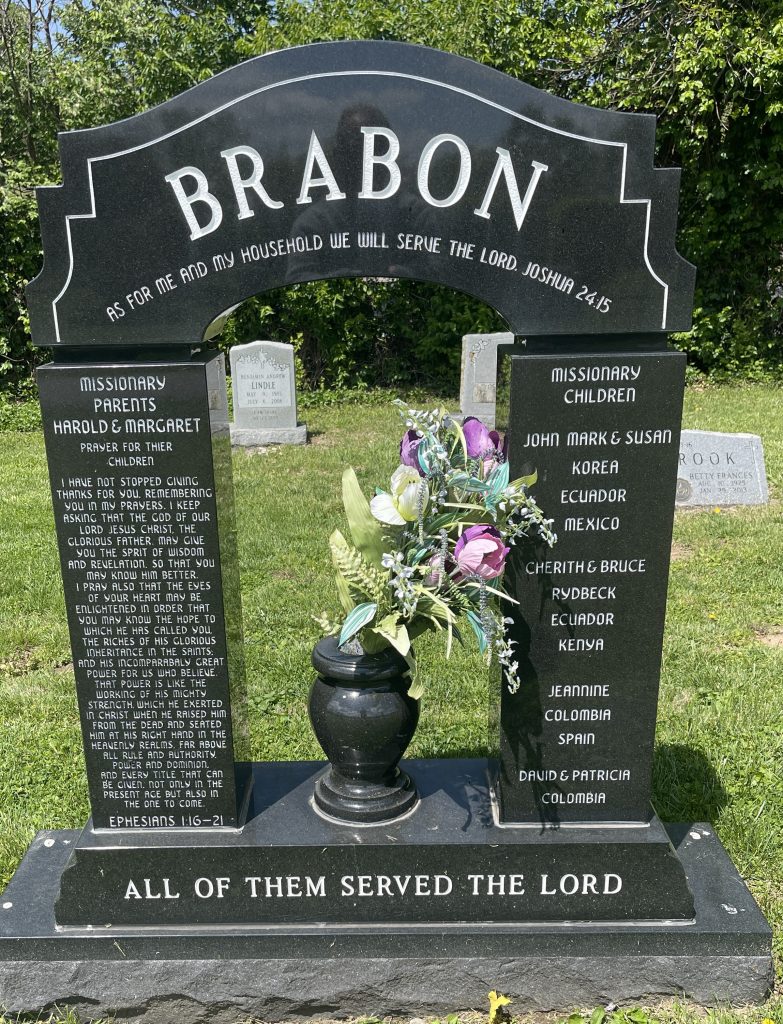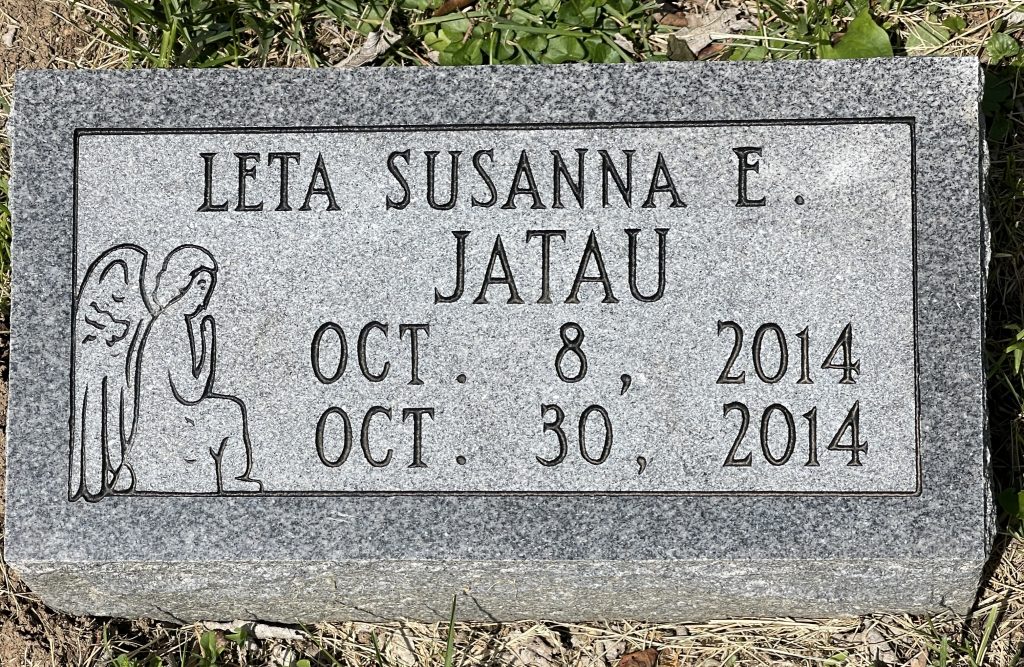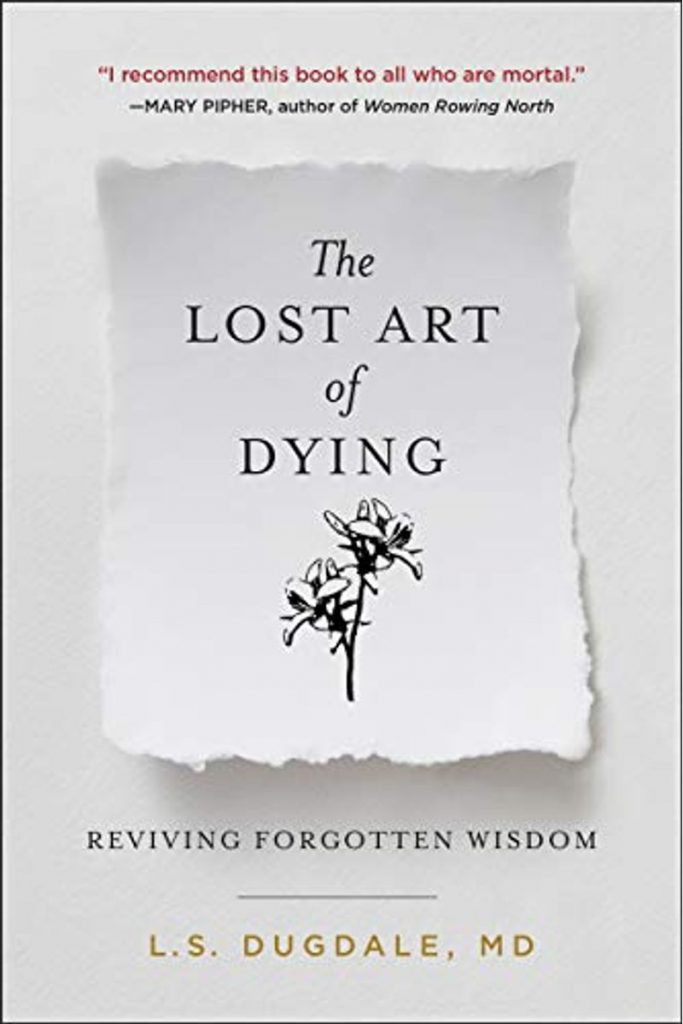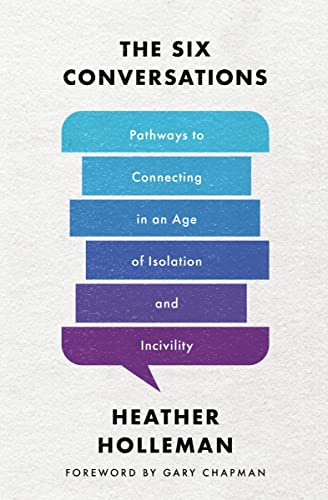







Post # 2 — Conversations Matter – Death & Dying. “The Slavery of Death” and “The Lost Art of Dying”, and “The Denial of Death” are helpful resources. Interestingly, several recent sermons and podcasts have addressed death and dying. Our local cemetery is apart my regular walking route.
The more I engage the subject of death and dying, the more I am impressed with the profound implications they have for living.This is the first post addressing some thoughts and ideas about death and dying.
Why isn’t death and dying talked about ?
The following citations can be a helpful in beginning to answer — Why isn’t death and dying talked about ? Emphasis is mine.
Death and Life: An American Theology – David McGill via The Slavery of Death- Richard Beck“Americans like to appear as if they give death hardly any thought at all.” The American lifestyle is thus “for people to create a living world where death seems abnormal and accidental. [Americans] must create a living world where life is so full, so secure, and so rich with possibilities that it gives no hint of death and deprivation.” We accomplish this feat, through acts of death avoidance. Americans live with “the conviction that the lives we live are not essentially and intrinsically mortal.” But this is a neurotic fantasy. McGill calls it a “dream,” an “illusory realm of success.” So how is this illusion maintained? “Americans accomplish this illusion by devoting themselves to expunging from their lives every appearance, every intimation of death. . . . All traces of weakness, debility, ugliness and helplessness must be kept away from every part of a person’s life. The task must be done every single day if such persons really are to convince us that they do not carry the smell of death within them.”
Vast portions of American Christianity are aimed at propping up the illusion, giving religious sanction to American death avoidance. We see this in the triumphalism within many sectors of Christianity—the almost manic optimism of church culture that cannot admit any hint of debility, disease, death, or decay. These churches are filled with smiling cheerful people who respond with “Fine!” to any inquiry regarding their social, financial, emotional, physical, or spiritual well-being. Due to many churches’ explicit and implicit religious sanctioning of the American success ethos, church members become too afraid to show each other their weakness, brokenness, failure, and vulnerability. Such admissions are avoided, as they threaten to expose the neurotic lie that sits at the heart of Christian culture and American society—that death doesn’t exist.
[““You will not certainly die,” the serpent said to the woman.”
Genesis 3:4 NIV]
We don’t know how to deal with death, and so we ignore it as much and for as long as possible. We concentrate on life. The dying don’t want to impose their plight on the people they love, even though they may be eager, even aching to talk about what it means to them now that they face it. Doctors and others fail to pick up on this desire, because they project their own reluctance to deal with death onto the patient. Sometimes the dying will ask that their loved ones make no fuss over them, hold no ceremony, just cremate them and move on; as though they were doing the bereaved a favour in colluding in their aversion to death.
The Sting of Death – Charles Taylor
Death undermines meaning. Something important is lost when one forgets this. …
The connection of death with meaning is reflected in two often-discussed features of human life as we understand it today.
The first is the way in which facing death, seeing one’s life as about to come to an end, can concentrate the issue of what we have lived for. What has it all amounted to? In other words, death can bring out the question of meaning in its most acute form.
The second is the way that those bereaved, or left behind, struggle to hold on to the meaning they have built with the deceased, while (unavoidably) letting go of the person. This is what funeral rites have always been meant to do, whatever other goals they have served. And since a crucial way of doing this is to connect this person, even in his death, with something eternal, or at the very least ongoing, the collapse of a sense of the eternal brings on a void, a kind of crisis.
…the fear of death must be present behind all our normal functioning, in order for the organism to be armed toward self-preservation. But the fear of death cannot be present constantly in one’s mental functioning, else the organism could not function. Zilboorg continues: If this fear were as constantly conscious, we should be unable to function normally. It must be properly repressed to keep us living with any modicum of comfort. We know very well that to repress means more than to put away and to forget that which was put away and the place where we put it. It means also to maintain a constant psychological effort to keep the lid on and inwardly never relax our watchfulness.
The Denial of Death pg 15-16
And so we can understand what seems like an impossible paradox: the ever-present fear of death in the normal biological functioning of our instinct of self-preservation, as well as our utter obliviousness to this fear in our conscious life: Therefore in normal times we move about actually without ever believing in our own death, as if we fully believed in our own corporeal immortality. We are intent on mastering death….
A man will say, of course, that he knows he will die some day, but he does not really care. He is having a good time with living, and he does not think about death and does not care to bother about it—but this is a purely intellectual, verbal admission. The affect of fear is repressed.
A few thoughts:
- My church experience confirms death avoidance as the norm. That is troubling in at least two ways:
First, it is clear indication of the infusion of American society into the Christian culture.
Second, it is evidence that humanity, including Christianity continues to believe Satan’s lie, “You will not certainly die.”. - Death provides a perspective on life like nothing else; which explains, in part why we don’t talk about it. We don’t want to face hard truths. It is terrible enough to get to the end of life and realize how meaningless it was with no hope to change anything. “in order to die well, you must take mortality into account, even when death seems a long way off”
- I am finding this discussion theologically challenging. Its tentacles reach deep into some long held assumptions.
- A prime example of a theological quandary comes via a Christian’s response to a doctor’s suggestion that life saving measures for her terminally ill loved one be abandoned:“No, Doctor,” she replied. “We are Christians, and we believe that Jesus can heal. We believe in miracles. You do whatever you can to keep him alive.”
- Finally: A recent Harvard study found that patients with high levels of support from their religious communities are more likely to choose aggressive life support and to die in intensive-care units. They were also less likely to enroll in hospice. Why might this be?
STILL ON THE JOURNEY












